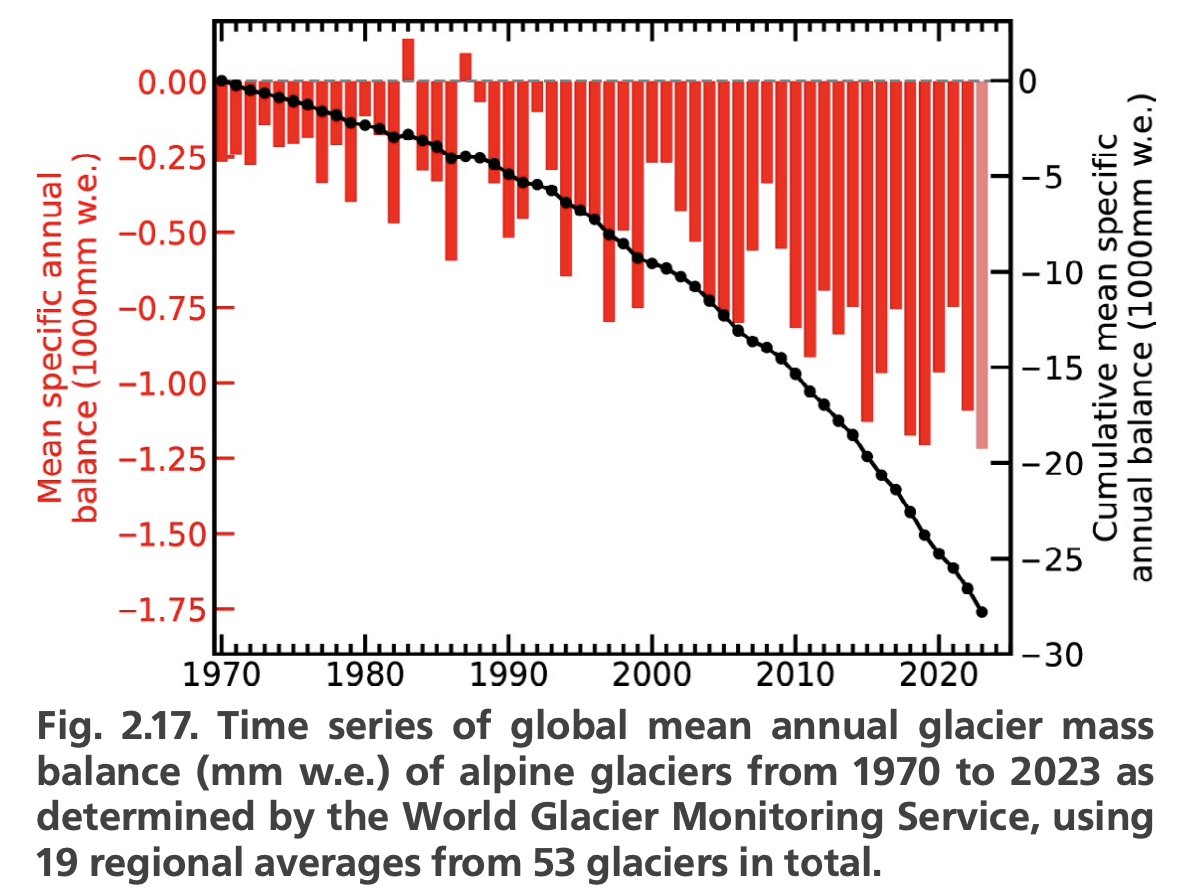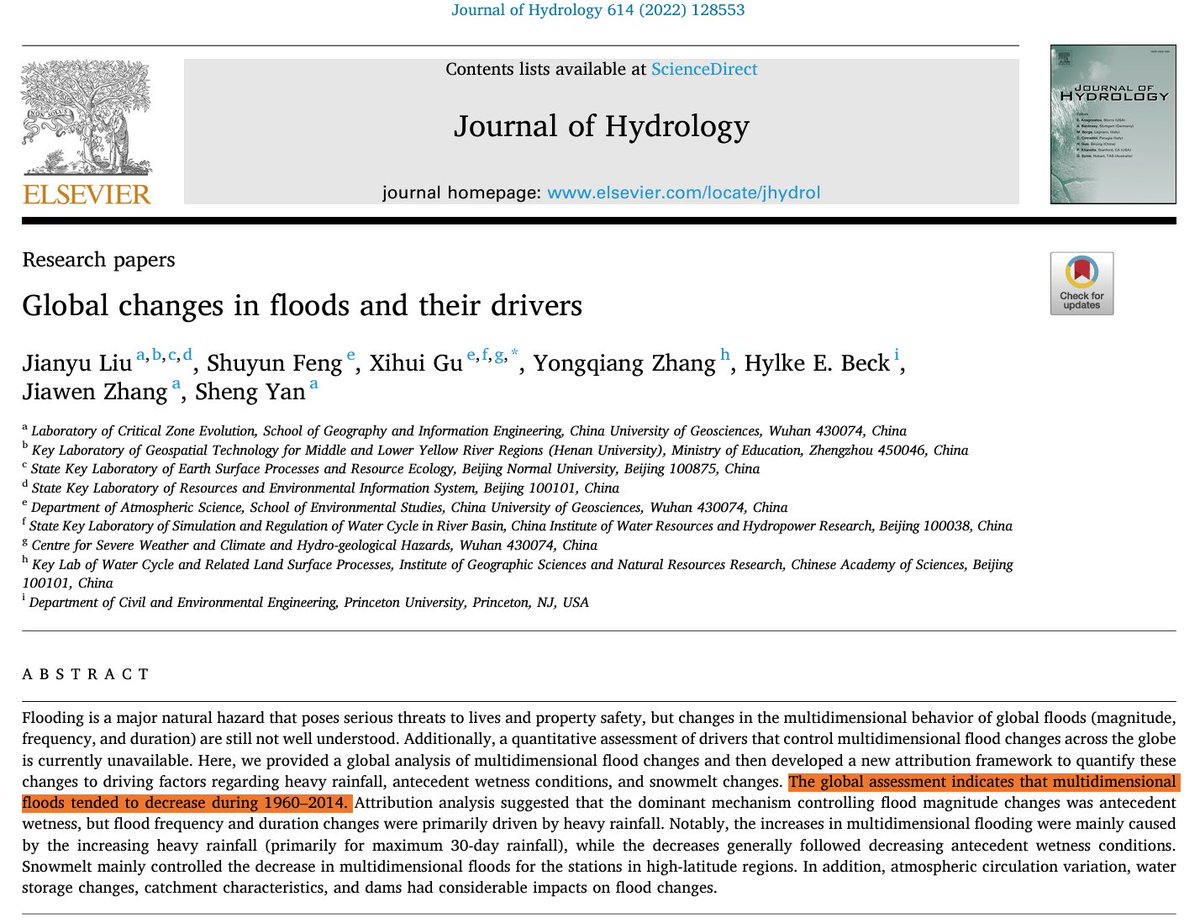Temperature is a measure of the average kinetic energy of the molecules in a substance which is related to the average speed of the molecules in that substance.
#SJSU #METR12 #Globalwarming
#SJSU #METR12 #Globalwarming
To increase the temperature of something (with a fixed heat capacity and no work being done) you can increase the amount of energy flowing in, while keeping the amount of energy flowing out the same.
#SJSU #METR12 #Globalwarming
#SJSU #METR12 #Globalwarming
To increase the temperature of something (with a fixed heat capacity and no work being done) you can decrease the amount of energy flowing out, while keeping the amount of energy flowing in the same. #SJSU #METR12 #Globalwarming
• • •
Missing some Tweet in this thread? You can try to
force a refresh

























